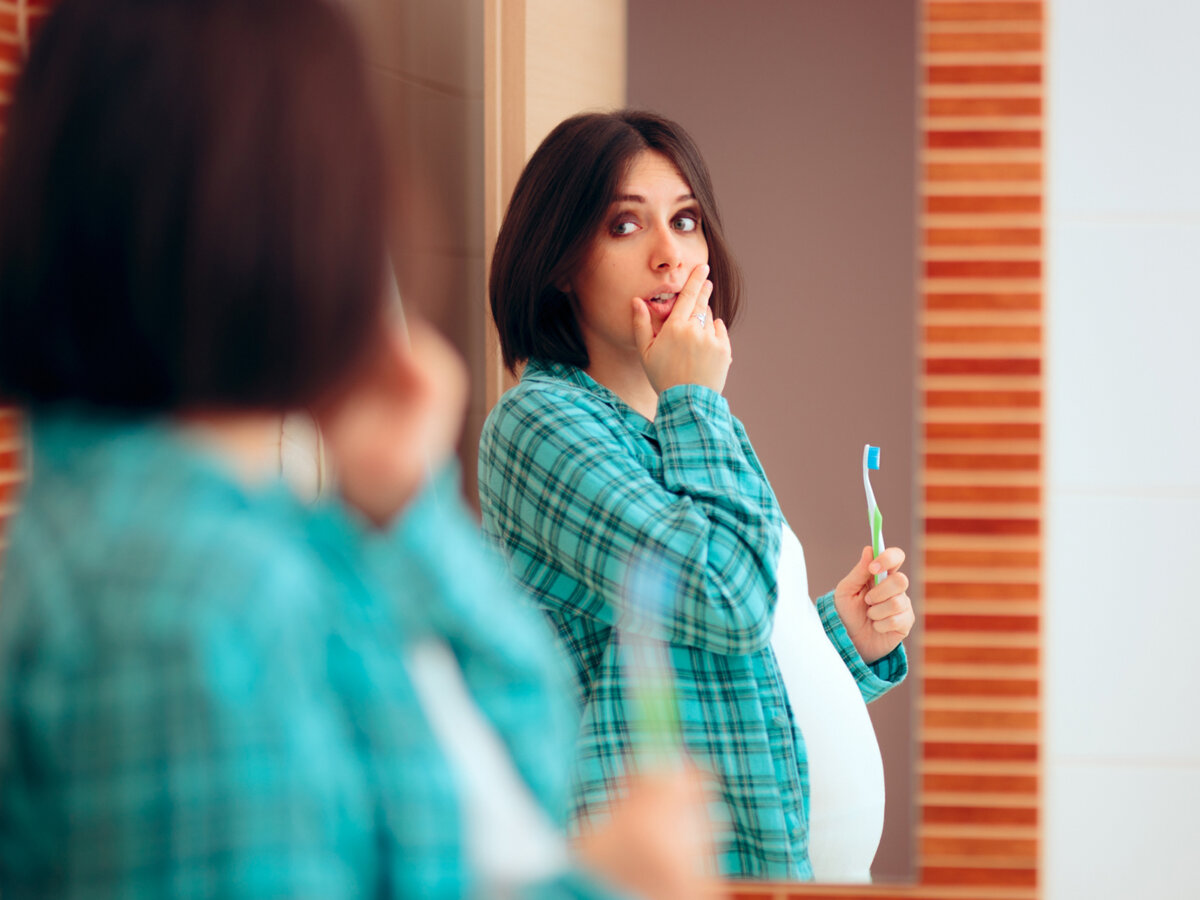Blog
Dental hygiene tips for healthy teeth & gums

Why Dental care is Even More Important When You’re pregnant?
It is a joyous moment when you find out that you are pregnant. The result of this is a shift in your life as you begin focusing on securing your and your child’s health, and you may even resist dental care involving anaesthesia due to these concerns. Many medical associations representing doctors, OB-GYN specialists, and dentists strongly recommend that pregnant women continue to see their dentist.
The fact that you’re pregnant does not mean you shouldn’t continue with them: physical and hormonal changes during pregnancy could lead to an increased risk of dental disease. It’s also important to take care of your dental plaque, a thin bacterial film on your teeth that causes inflammation. In addition, as a result of hormonal changes during pregnancy, you may be more susceptible to disease, especially periodontal (gum) disease.
During pregnancy, you may be at a greater risk of developing some dental issues, including:
Cavities ( tooth decay or caries): A dental cavity is a small, damaged area on the surface of your teeth. Cavities are more common in pregnant women. This is because during pregnancy and shortly after delivery, you can pass the bacteria causing cavities to your newborn. Later in life, this can lead to problems with your baby’s teeth.
Gingivitis: An inflammation of the gums (redness, swelling, etc.) is called gingivitis. A condition like this can worsen if left untreated. Hormones associated with pregnancy can increase the risk of gingivitis. About 60 to 75 percent of pregnant women have gingivitis. The following symptoms are present:
- Swelling and redness
- Gum tenderness
- Gums that bleed even when you brush them gently
- Shiny gums
Loose teeth: During pregnancy, high progesterone and estrogen levels may temporarily loosen the bones and tissues holding your teeth in place. You may experience loose teeth as a result.
Periodontal disease ( periodontitis or gum disease): Untreated gingivitis can lead to periodontal disease. It can also cause problems with the bone that supports the teeth by infecting the gums. Eventually, your teeth may become loose, which may require an extraction (pulling). During periodontitis, bacteremia is possible (bacteria in the blood). Immediate treatment is needed for this serious condition.
Pregnancy tumours ( pyogenic granuloma): Tumors like these are not cancerous. Some lumps develop between your teeth, usually on your gums. Pregnancy tumours bleed easily and look red and raw. They occur when plaque (a sticky film containing bacteria) forms on the teeth. After giving birth, these tumours usually disappear on their own.
How can you prevent dental problems during pregnancy?
Regularly check your mouth during and before pregnancy. Inform your dentist at your next checkup:
- When you are pregnant or plan to become pregnant
- Suppose your pregnancy is at risk. High-risk means you or your child may experience problems during pregnancy. High-risk pregnancies may be caused by chronic health conditions, complications from previous pregnancies, or other conditions that threaten your health or the health of your unborn child.
- If your prenatal care provider has discussed your oral health with you
- Pre- and post-natal dental checkups are essential, so your dentist can detect and treat problems early. Maintaining your gums and teeth with regular teeth cleaning is also important.
Book an Appointment to find out which treatment might be best for you.


